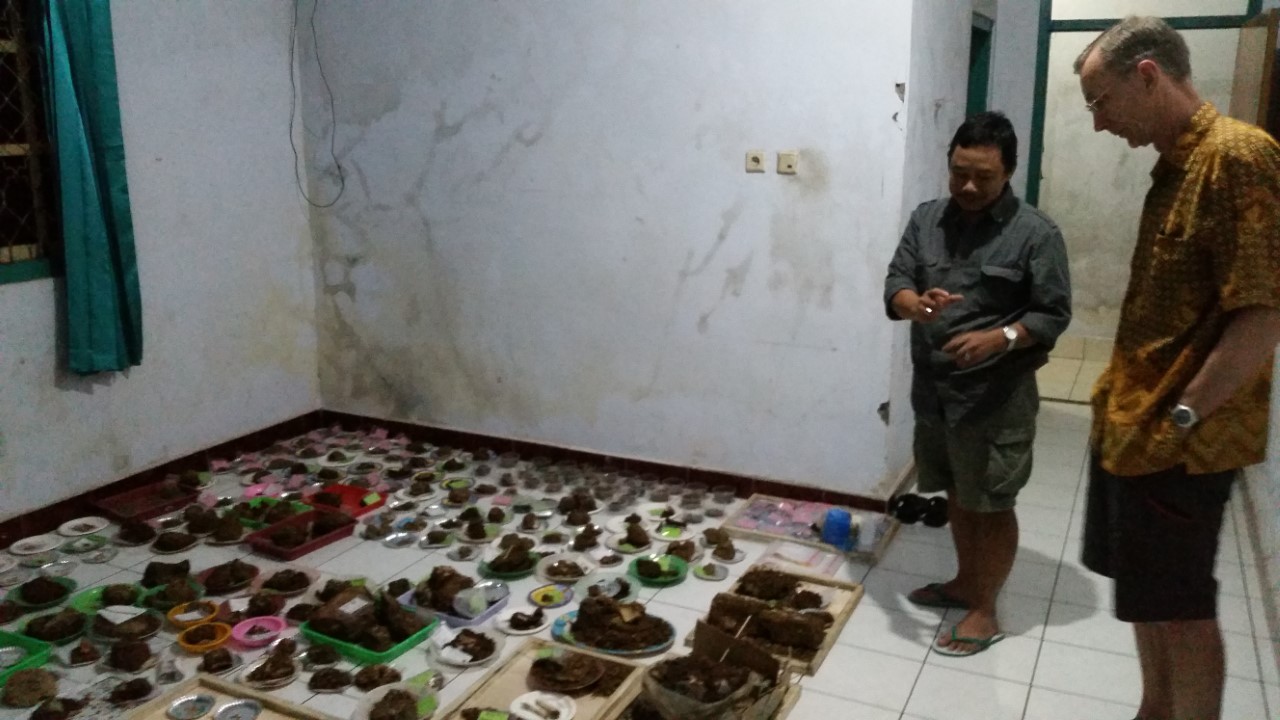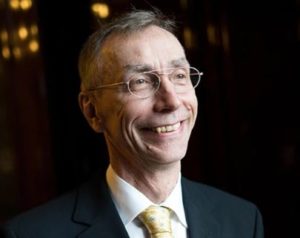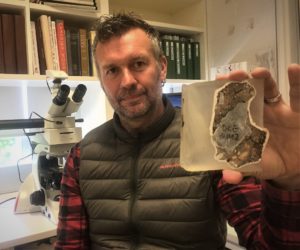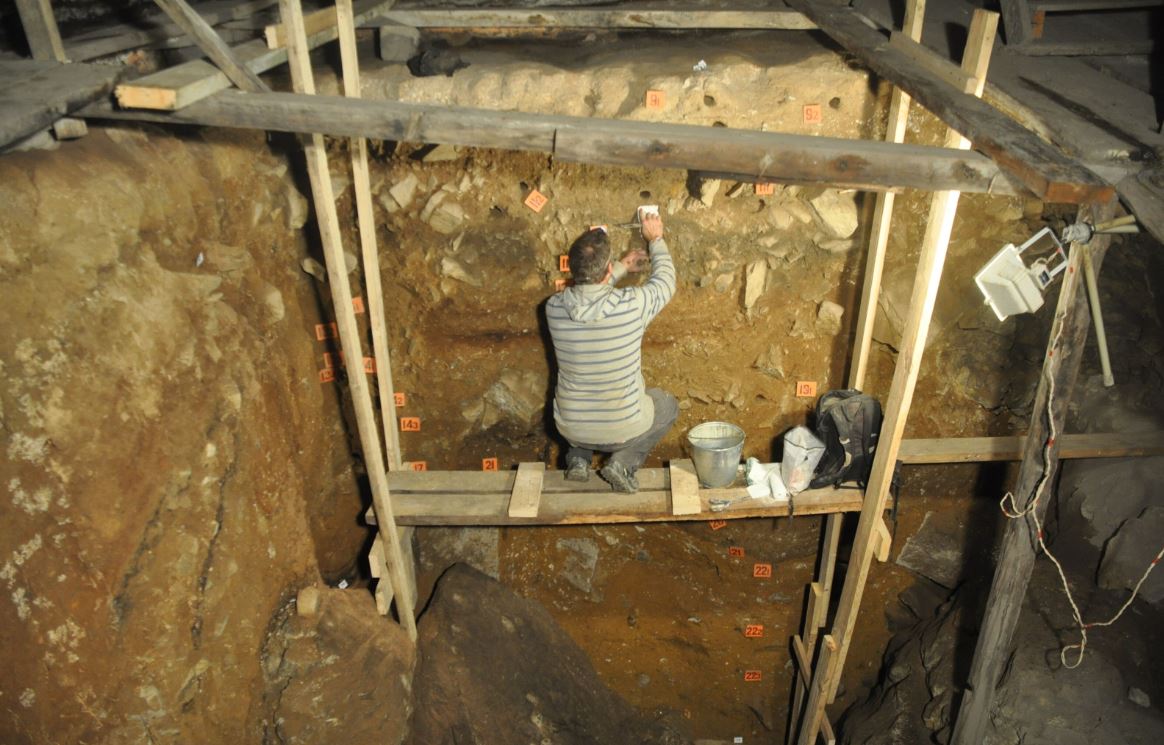
A field expedition in Indonesia on the island of Flores led to friendship and valuable longstanding collaboration for Flinders University geoarchaeologist, Associate Professor Mike Morley.

It was during three days of field work in Southeast Asia in 2015 that Associate Professor Morley started an in-depth collaboration with Svante Pääbo, who has become this year’s winner of the Nobel Prize in Physiology or Medicine.
Svante Pääbo, a geneticist at the Max Planck Institute for Evolutionary Anthropology in Leipzig, Germany, is described as the ‘godfather’ of the fiercely competitive field of palaeogenomics.
He has pioneered the use of precious snippets of DNA in fossils that are tens of thousands of years old to study human evolution. His work has led to the sequencing of the Neanderthal genome and the discovery of the group of hominins called the Denisovans.

“I once spent three days holed up in a cheap hotel in Indonesia with Svante while we worked on Flores Island together at the ‘hobbit’ site at the Liang Bua cave,” says Associate Professor Morley.
The find involves exploration of the Homo floresiensis fossils, commonly dubbed the ‘hobbits’ in human evolution.
“We spent our days looking at sediments down in excavation trenches and our evenings wandering around the town of Ruteng and chewing the academic fat at our local dig house.
“It was a great time and Svante was a great companion while searching for souvenirs in the local markets after a day on site and tasting the local street food.”

Cave dig.
“I am very proud to have worked and published with Svante, including on our micro context of ancient DNA paper that came out in PNAS, Associate Professor Morley says.
“The early ideas for this paper, that combines geoarchaeology with palaeogenetics, were cultivated during our time on the island of Flores.”
Along with describing a Denisovan tooth from Laos, Associate Professor Morley also co-authored a publication about the famous Denisova Dave complex in Siberia’s Altai Mountains site in 2019.
He says the 2022 Nobel prize is “a really fantastic day for human evolutionary studies”.
ARC Future Fellow Associate Professor Morley has worked throughout Europe, Southeast Asia, Africa and the the Middle East focusing on the the analysis of sediments and landforms to reconstruct the past environments in which our ancestors lived, thrived and survived.
Associate Professor Morley says the work at Flinders University’s Microarchaeology Laboratory continues to delve deeper to “better understand the survival processes for ancient DNA in sediments”.
Read more in The Conversation – Nobel prize: Svante Pääbo’s ancient DNA discoveries offer clues as to what makes us human

